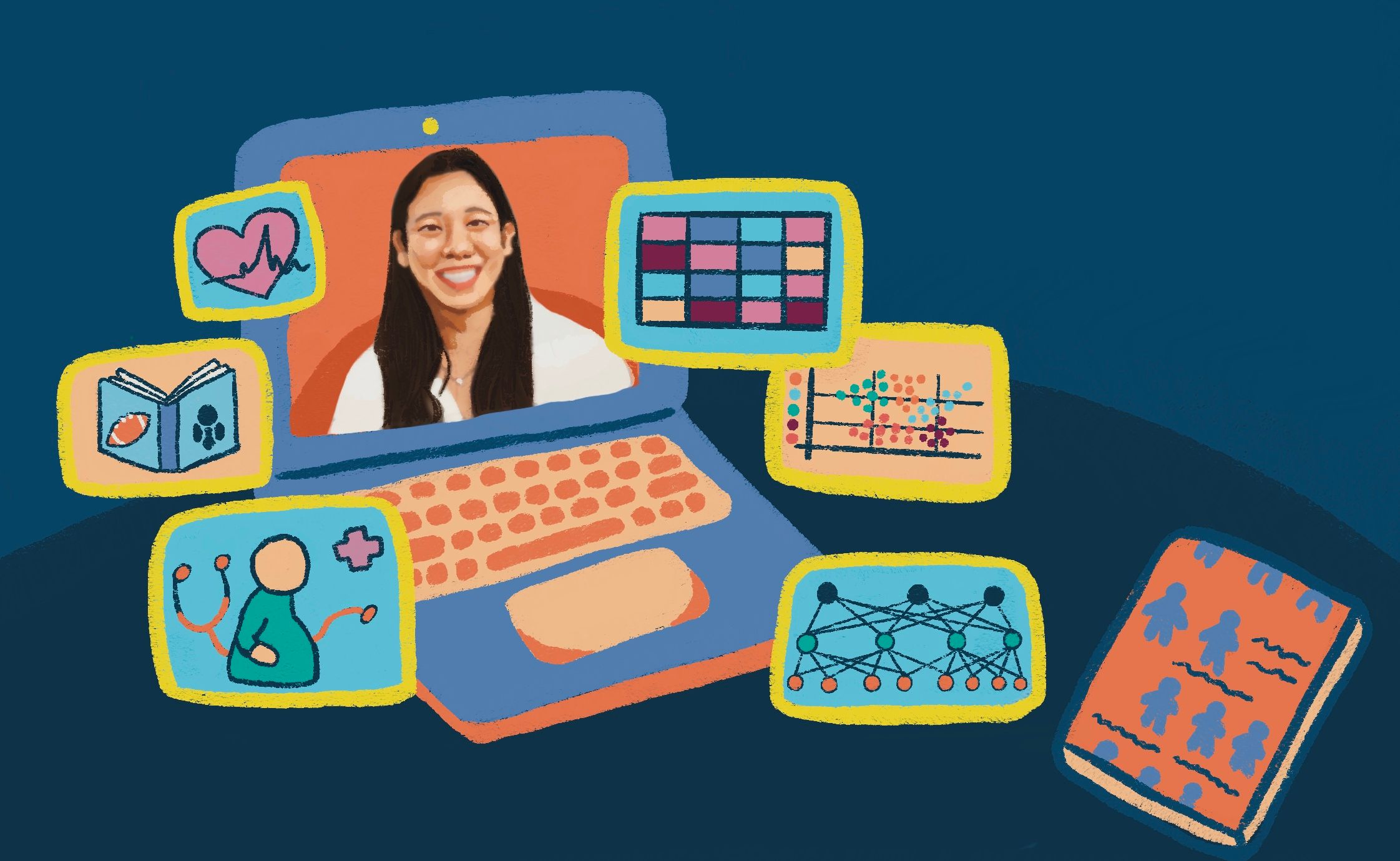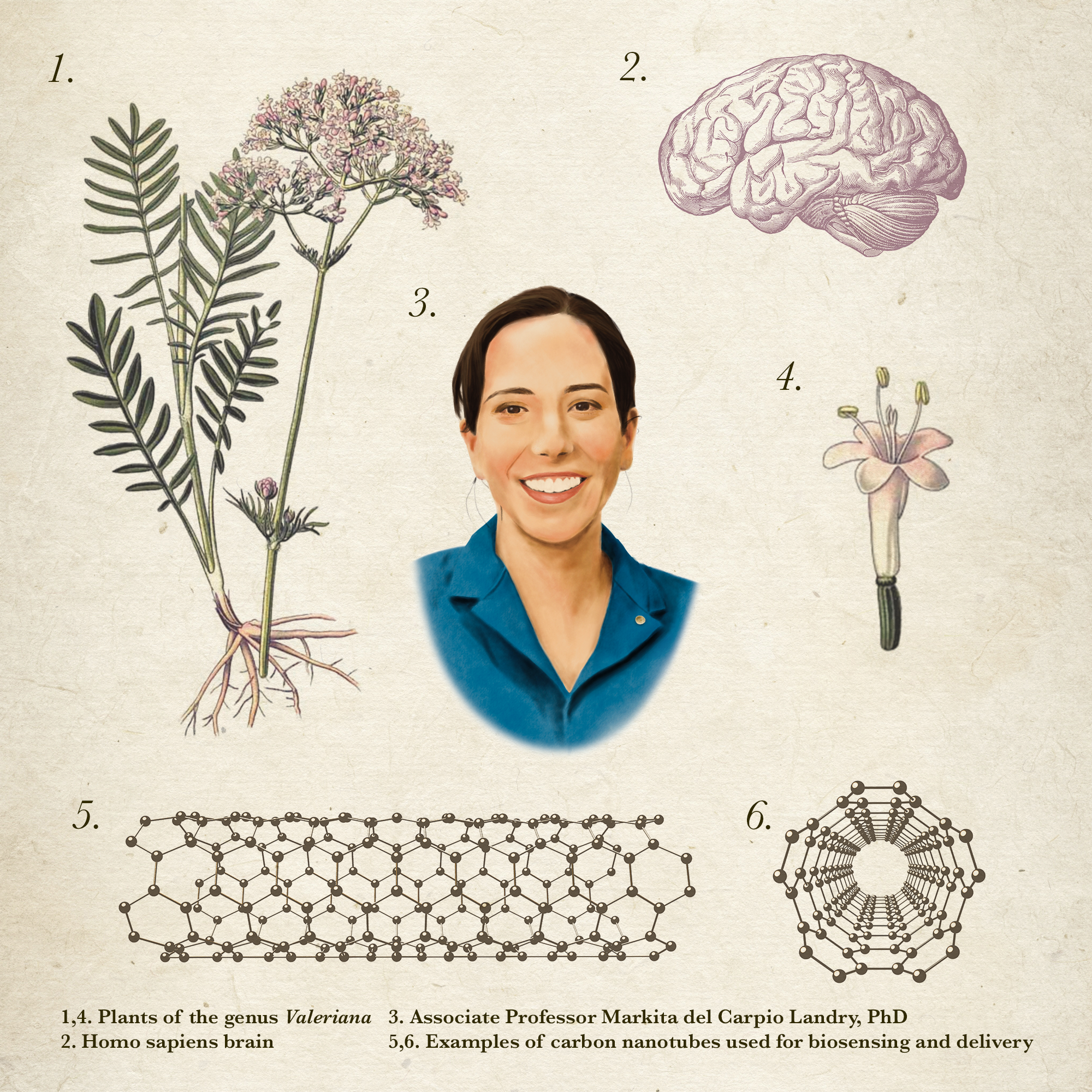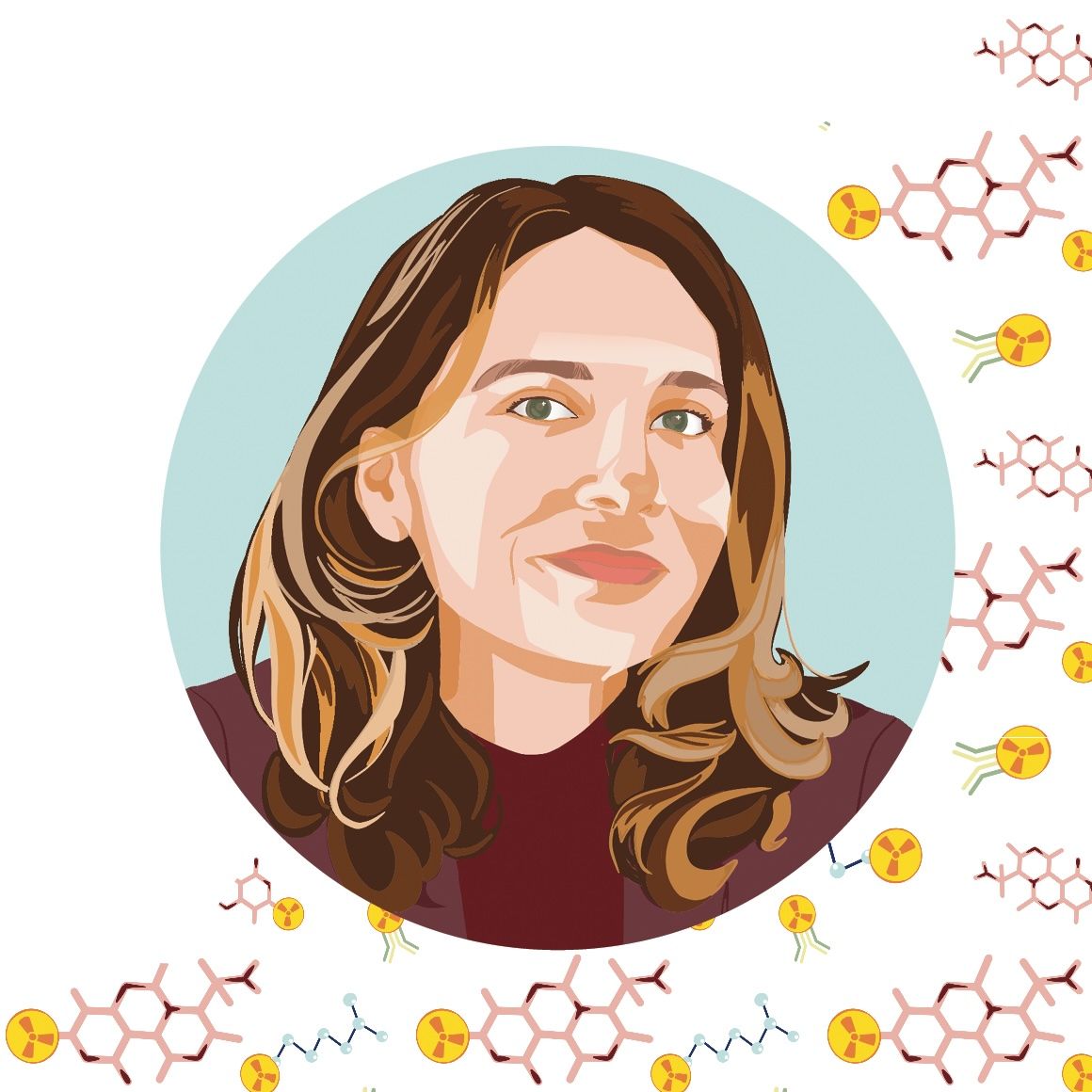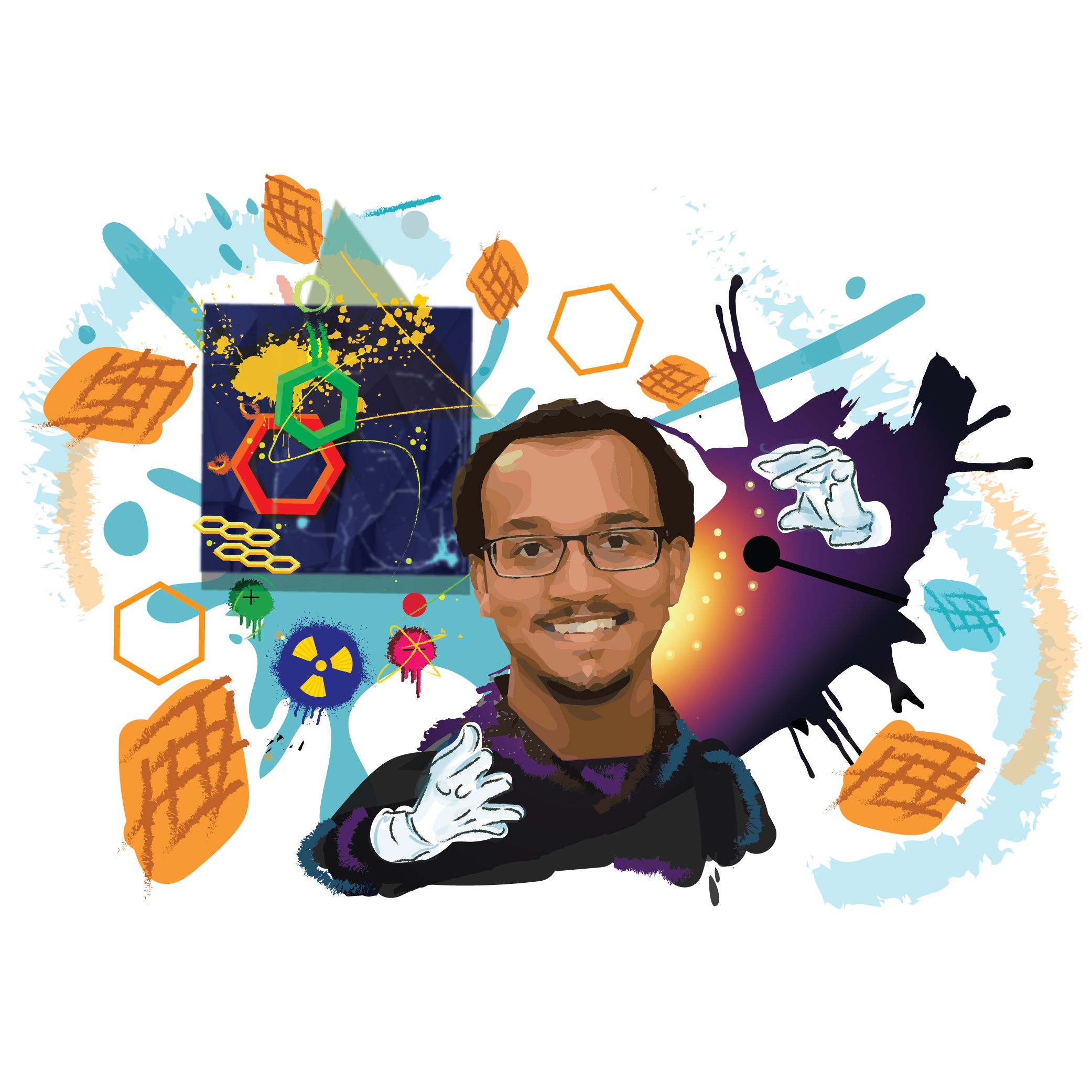
A certificate of achievement in kindergarten, a Boston Marathon running bib, and the book Invisible Women by Caroline Criado-Perez—these are all things you’ll find decorating the office of Irene Chen, a pioneering faculty member of the UC Berkeley and UCSF Joint Program in Computational Precision Health. Each memento is a glimpse into Dr. Chen’s lifetime of ambition and achievement in academia and beyond.
Looking at the tidy stack of books on her shelf, you’ll find themes of ethics and equity that shape the heart of her research. Dr. Chen’s group aims to study interdisciplinary and high-impact topics at the nexus of healthcare, machine learning, and fairness. “I really pride myself on thinking about questions that are understudied because of the population who is being overlooked,” she says. Her recent work includes projects assessing the use of language models in maternal healthcare, understanding information-sharing discrepancies about menopause across different settings, and optimizing the quality of medical datasets when training models in specific contexts.
Dr. Chen’s current research interests can be linked all the way back to her time as an undergraduate at Harvard University. Interested in applying quantitative skills to interdisciplinary problems, Dr. Chen joined a project at the Harvard Business School where she helped scrape the Airbnb website to study how rental rates varied across gender and race. The team found that white hosts and women could charge higher rates, particularly in accommodations where the guest shares common spaces with the host. After a two-year venture in industry as a data scientist (and briefly Chief of Staff!) at Dropbox, Dr. Chen missed the excitement and impact of research. Trusting her instincts, she returned to academia as a graduate student at MIT, this time focusing on healthcare.
Two years ago, Dr. Chen’s bookshelf looked quite different as she prepared for her transition to professorship. Recognizing a lack of formal mentorship training in academia, she turned to leadership books written by figures ranging from tech CEOs to football coaches. Now, as a professor, mentoring students is one of her favorite parts of the job. “I find that we are the collection of all of the people who have mentored us before in some ways,” she remarks. “One of the things that I view as my responsibility then is to use this position for impactful research and community-building and ultimately uplifting the next generation.”
Unseen in Dr. Chen’s memorabilia is her dedication to bringing people together. Beyond the community she fosters in her own lab, she recently organized an AI and Society group where folks of all ages and backgrounds can engage with one another. Their first gathering brought together over 100 people, ranging from high school students to law scholars and computer scientists. “It’s important to me to bring people together and to foster more research and more collaboration or really just understanding of each other’s perspective.”
Dr. Chen also emphasizes the importance of prioritizing her health and interests outside of work. “One of the things I hope I can model for people is that professors are people too,” she laughs. “We have lives beyond research.” On a sunny day, you might find her flying a red octopus stunt kite at César Chávez Park or playing pickleball with friends. Eventually, you might start to see mementos of these hobbies join the collection on her office walls.
This article is part of the Spring 2025 issue.





